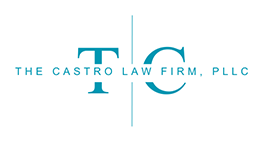Estate planning is a process that allows people to designate how their assets are distributed after death. This process often prevents issues for beneficiaries and allows the person who creates an estate plan – called the testator – to rest easy knowing their last wishes should be carried out.
There’s a lot to know about estate planning. Much of the information online can be confusing. As a result, it can lead to misconceptions. Here are several myths about estate planning you should avoid:
Myth #1: You’re too young to have an estate plan
Truth: There is no wrong time to create an estate plan. Many people do it later in life. However, it may help testators make their estate plan early and regularly update them. Some people update their estate plan every few years to include new assets. Others revise them for many other reasons, such as marriage, divorce and new children or grandchildren.
Myth #2: It’s fine to pass away without a will
Truth: When someone dies without a valid will, then it is called dying intestate. This makes it harder for beneficiaries to know what their loved one’s wishes were. Furthermore, the assets will be divided according to state law. As a result, assets may not be inherited according to the testator’s wishes.
Myth #3: There’s no reason not to write your will on your own
Truth: It’s easy to find websites that let you create your own will and other estate planning documents. Many people also write their own wills by themselves – sometimes by hand. These kinds of wills are cheaper, but that doesn’t mean they’re better.
When people write their own wills, they often have legal inaccuracies. Even online wills for specific states aren’t always accurate because each person’s situation is highly unique. That’s why it’s worthwhile to have legal guidance as you create your will.
